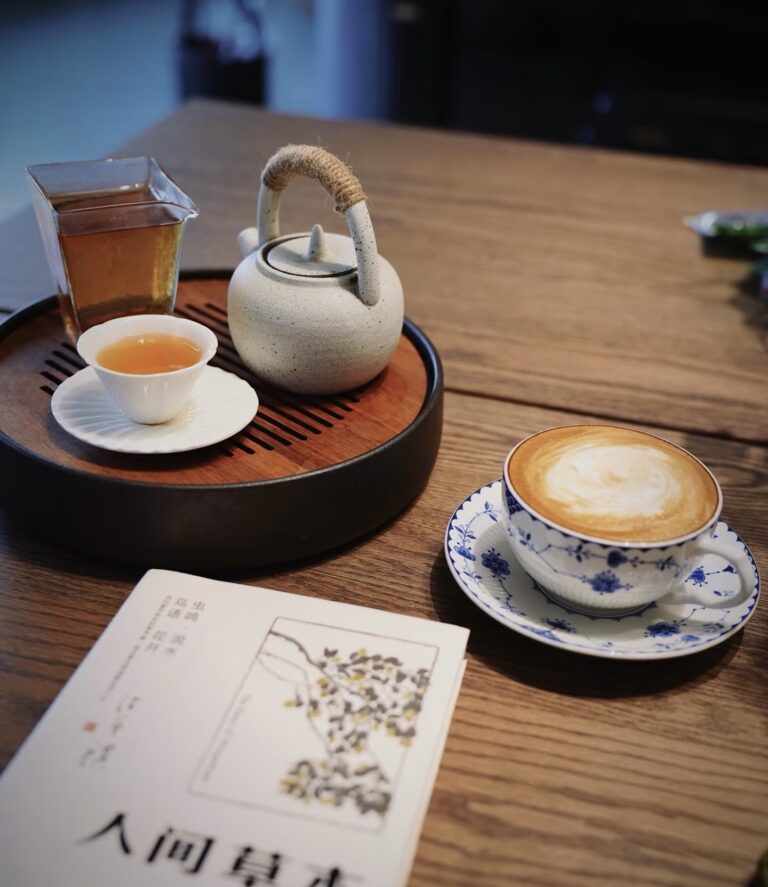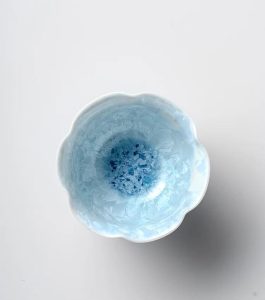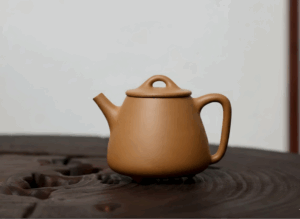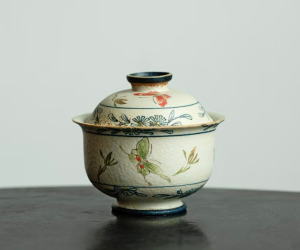
For centuries, tea has been celebrated as a healthy beverage, but is it better than water? The debate between these two drinks is a timeless one. While water is undoubtedly the foundation of life and essential for hydration, tea offers a unique array of benefits that go far beyond simple fluid intake. In this comprehensive guide, we’ll dive deep into the science to help you understand if tea is better than water for your long-term health.
The answer isn’t a simple yes or no. Instead, it’s about understanding the distinct advantages each beverage brings to the table. Let’s start by looking at the indisputable champion of hydration: water.
Why is Water the Ultimate Hydrator?
Water is the simplest, most fundamental drink for our bodies. It makes up about 60% of our body weight and is crucial for almost every bodily function.
- Promotes Metabolism: A study in The Journal of Clinical Endocrinology & Metabolism showed that drinking 500 ml of water can increase a person’s metabolic rate by 30% within 10 minutes.
- Supports Heart Health: The European Heart Journal published a large-scale study suggesting that adequate water intake can significantly lower the risk of heart failure.
- Prevents Disease: Water helps prevent issues like kidney stones by diluting minerals in the urine and aids in digestion by softening stool, helping to prevent constipation.
Water’s role is about maintaining balance and ensuring our body’s systems run smoothly. But what about tea? It offers a different set of advantages.
The Powerful Health Benefits of Drinking Tea
Tea is more than just flavored water; it is a complex brew rich in natural compounds that provide a host of health benefits. Tea contains powerful antioxidants, such as catechins and polyphenols, that fight free radicals, which are the primary culprits behind aging and disease. This is a key reason why many believe that tea is better than water for proactive health.
- Antioxidant Powerhouse: The antioxidants in tea help protect your body’s cells from damage. A study by Sichuan University’s West China School of Public Health found that long-term tea consumption can slow down the process of biological aging.
- Enhances Cognitive Function: While both coffee and tea contain caffeine, tea also has a unique amino acid called L-theanine. This compound works synergistically with caffeine to promote a state of relaxed alertness, improving focus without the jitteriness often associated with coffee.
- Aids in Weight Management: Certain teas, especially green tea or oolong tea, have been shown to boost fat oxidation and improve metabolism, making them a popular choice for those on a weight loss journey. To learn more about Oolong tea, check out our guide on what it is: What Is Oolong Tea? Chinese Tea Guide.
- Supports Cardiovascular Health: Research indicates that regular tea drinking can improve blood vessel function and reduce the risk of heart disease and stroke.
- Cancer Prevention: Some studies, particularly those conducted in Japan and published in sources like the Chinese Journal of Epidemiology, have shown a correlation between green tea consumption and a reduced risk of certain cancers, especially in the digestive system.
When is Tea Better Than Water? The Final Verdict
So, is tea better than water? The answer isn’t about replacing one with the other. Both are vital for different reasons. Water is the best choice for basic hydration, especially during exercise or when you’re sick. However, tea is an excellent addition to your daily routine, providing an extra layer of health benefits.
Think of it this way: water is your daily essential for survival and basic body function, while tea is a powerful supplement that can enhance your well-being. The key is to drink both in moderation.
Important Considerations for Healthy Tea and Water Consumption
- Avoid Overconsumption: Drinking too much of either can be harmful. Just as “water intoxication” is a real risk, so is “tea drunkenness,” a state of lightheadedness from consuming tea on an empty stomach.
- Temperature Matters: Avoid drinking tea that is too hot. Constantly consuming scalding-hot beverages can damage your esophagus, increasing the risk of esophageal cancer.
- Balance is Key: The best approach is to listen to your body. Drink plenty of water throughout the day, and incorporate 2-3 cups of your favorite tea to enjoy its unique health benefits.
This article draws on information from various sources to provide a balanced view on the topic. For more in-depth knowledge on tea varieties and brewing techniques, you can explore our comprehensive Tea Guide and learn about different Tea Types. If you’re interested in a health comparison between tea and coffee, check out our article, “Tea vs. Coffee: Which Is Healthier? A Science-Backed Guide.”







